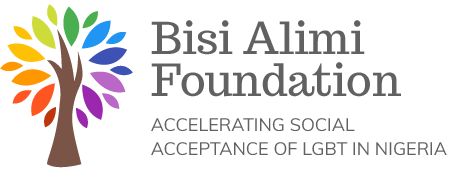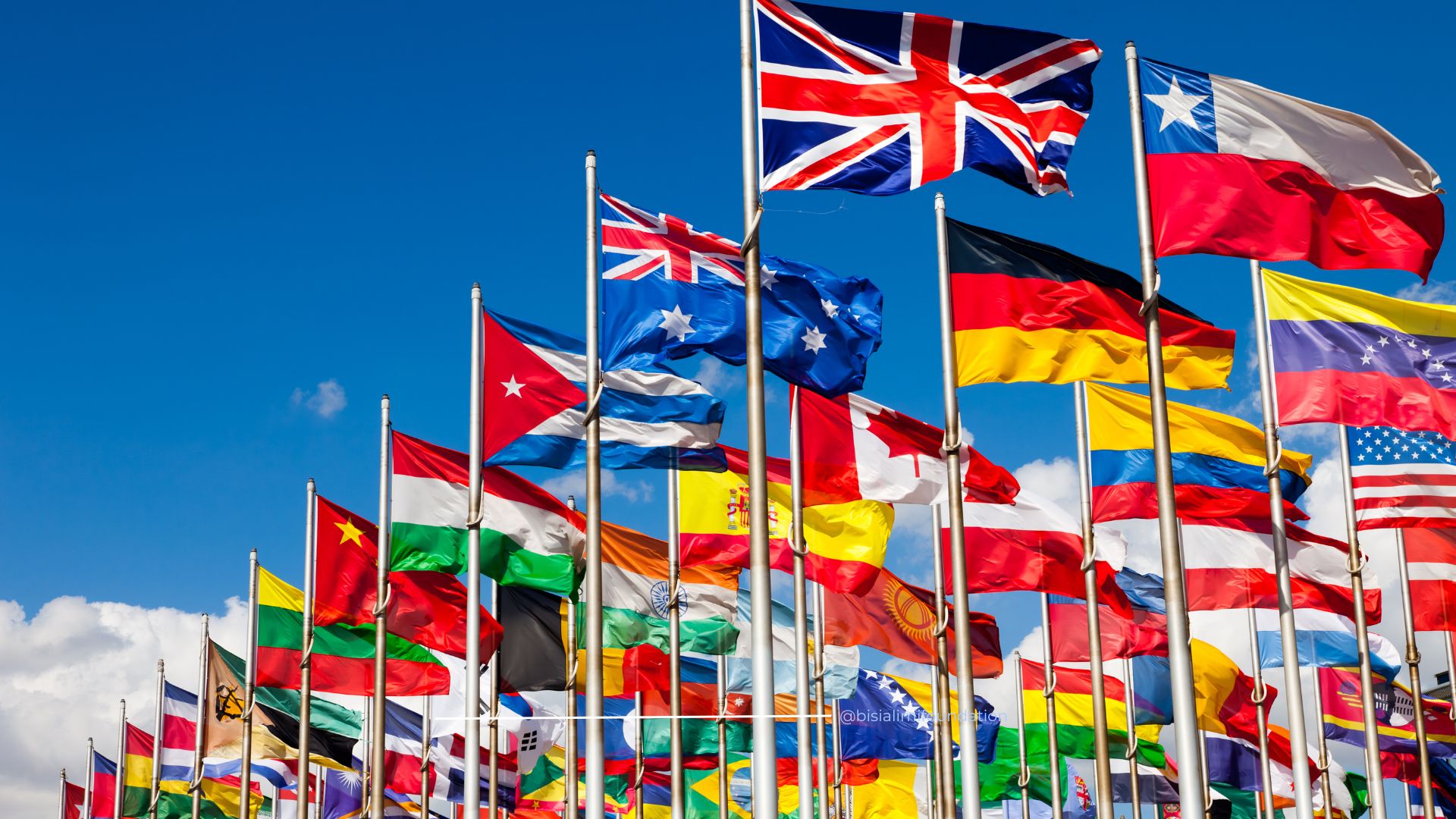The Ripple Effect of Global LGBTQ+ Advocacy
It is the month of love, yet LGBTQ+ love is under attack from every direction of the globe at the moment. The fight for LGBTQ+ rights is often viewed through a Western lens, with global LGBTQ+ movements historically serving as a source of inspiration and solidarity for activists in Nigeria and across Africa. On one hand, increased visibility and international solidarity empower local activists, providing funding, legal support, and global platforms for marginalized voices. The rise of global Pride celebrations, international human rights resolutions, and transnational advocacy networks offer African activists important resources and inspiration. International organizations like the Human Rights Campaign, Amnesty International, and All Out have also amplified African LGBTQ+ voices, providing funding, training, and platforms to share stories of resilience. This global solidarity has helped Nigerian activists feel less isolated in their fight for equality, fostering a sense of belonging to a larger, interconnected movement.
The Trickle-Down Effect: How Global Events Shape Local Realities
However, the same global victories that empower African advocates have also been weaponized by conservative forces to fuel anti-LGBTQ+ sentiment, often framing queer rights as an “imported Western agenda” rather than a fundamental human rights issue. One of the clearest examples of how global politics trickles down to impact African LGBTQ+ communities is the effect of the Trump administration’s anti-LGBTQ+ policies, rolling back numerous protections for LGBTQ+ individuals, particularly transgender people, sends a dangerous message: that LGBTQ+ rights are negotiable. These policies do not exist in a vacuum. During his first administration, the Trump Administration’s policies provided a renewed justification for governments and religious groups to intensify anti-LGBTQ+ rhetoric and crackdowns. In Nigeria, for example, the period between 2016 and 2020 saw increased police brutality, mass arrests, and media-driven moral panics targeting LGBTQ+ people. Nigerian politicians and religious leaders, who already weaponize LGBTQ+ issues to distract from governance failures, seized on these global developments to justify their own discriminatory practices. This is a stark reminder of how Western policies, both progressive and regressive, have direct consequences on African queer lives. On the other hand, milestones like the recent decriminalization of homosexuality in places like Thailand, Greece and Estonia, send a powerful message to African activists that change is possible.
Despite these challenges, African LGBTQ+ activists have demonstrated remarkable resilience and creativity. The rise of digital activism has also been a game-changer. Social media campaigns, crowdfunding efforts, and international collaborations have enabled activists to mobilize support, amplify marginalized voices, and document human rights abuses in real time. Hashtags like #RepealSSMPA and #EndHomophobiaNigeria have drawn international attention to the struggles of queer Nigerians. While backlash against LGBTQ+ rights remains strong, African activists are reclaiming the narrative, emphasizing that queer existence is not a Western import but an intrinsic part of African history and culture. (Read about queerness in African culture here). Organizations like The Initiative for Equal Rights (TIERs) in Nigeria, Rainbow Railroad, the African Queer Youth Initiative, and here at the Bisi Alimi Foundation work tirelessly to protect LGBTQ+ individuals, educate the public, advocate for social and policy changes, and provide safe spaces and resources for LGBTQ+ persons.
Moving Forward: A Call for Intersectional Solidarity
The impact of global LGBTQ+ movements on Nigerian and African advocacy is undeniable. As victories and setbacks unfold internationally, they shape local realities, sometimes for better and sometimes for worse.This shows the need for intersectional solidarity, one that acknowledges how global policies affect marginalized communities in different ways. Western LGBTQ+ movements must recognize their privilege and engage with African activists in ways that center local voices, rather than imposing external solutions. For Nigerian and African advocates, the path forward is clear: continue to uplift authentic voices, build inclusive alliances, and challenge the narratives that seek to erase LGBTQ+ identities. And for the global community, the call to action is equally urgent: stand in solidarity with African LGBTQ+ individuals, not just in words but in deeds, and ensure that the ripple effects of our movements are waves of progress, not regression.
Now more than ever, it is very important to remember that LGBTQ+ rights are not just Western rights. They are human rights. And in the face of growing opposition, the resilience of queer Africans proves that love, identity, and freedom will always find a way to exist and thrive. Here at the Bisi Alimi Foundation, we remain committed to uplifting, empowering, and advocating for the rights of LGBTQ+ individuals in Nigeria and beyond. Join us in our mission to create a more inclusive and equitable world.
How You Can Help
- Share this post to raise awareness about our work.
- Donate to our programs to help us make education accessible for all. Donate Here
- We’d love to hear from you! Talk to us on social media
Let’s create a world where everyone, regardless of their identity, has the opportunity to thrive.



Recent Comments